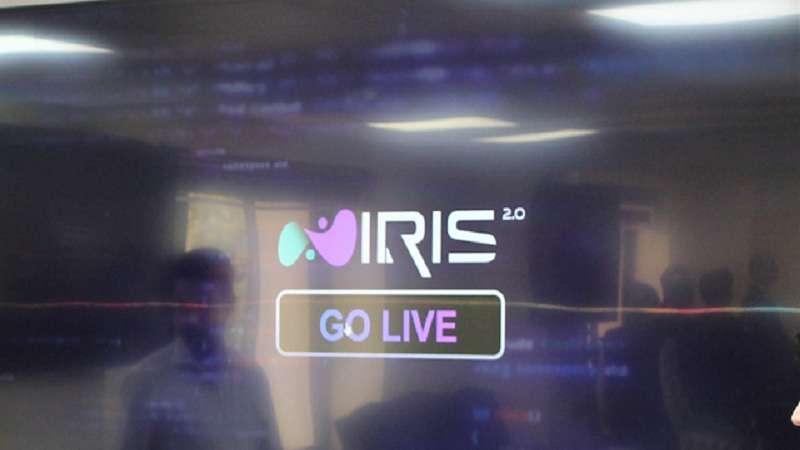Islamabad, October 17, 2025 – The Federal Board of Revenue (FBR) is gearing up to launch IRIS 3.0, a next-generation digital tax platform aimed at simplifying tax return filing through pre-filled data, automated workflows, and enhanced user experience.
The announcement was made during a high-profile meeting hosted by the World Bank in Washington, D.C., where Pakistan’s tax system transformation was showcased as a global case study in public sector reform.
The meeting was attended by Federal Minister for Finance and Revenue Muhammad Aurangzeb, Chairman FBR Rashid Mahmood Langrial, Secretary Finance, Secretary Economic Affairs Division, and other senior officials. In his remarks, the Finance Minister highlighted Pakistan’s ambitious, homegrown institutional transformation plan, executed under the direct supervision of the Prime Minister of Pakistan. He emphasized that this plan encompasses reforms across people, processes, and technology, aiming to strengthen revenue administration and enhance macroeconomic stability.
The Minister pointed out that the reforms have already yielded early wins, contributing to visible improvements in revenue administration and overall economic indicators. He stressed that these initiatives are laying the foundation for long-term, sustainable economic growth in Pakistan.
During the presentation, Chairman FBR Rashid Mahmood Langrial highlighted the remarkable increase in Pakistan’s tax-to-GDP ratio, which rose from 8.83% in FY 2023–24 to 10.33% in FY 2024–25, marking the largest single-year improvement in over two decades. This achievement, he explained, is the result of a data-driven, homegrown plan focused on transparency, compliance, and efficiency.
The FBR transformation journey began with an eight-week planning sprint in 2024, incorporating feedback from field officers nationwide and managed by a dedicated Delivery Unit. Unlike past isolated reforms, this initiative received full ownership and support from the Prime Minister and cabinet, ensuring alignment between policy, governance, and technology.
The upcoming IRIS 3.0 platform will leverage pre-filled forms, automated processes, and seamless digital workflows to simplify tax compliance for individual and corporate taxpayers. Officials stressed that while technology is critical, real transformation also requires structural reforms, process redesign, and workforce empowerment, making digital tools part of a holistic strategy rather than standalone solutions.
The presentation sparked an interactive discussion with delegates from other countries and development partners. Egypt’s Minister of Finance Ahmed Kouchouk praised Pakistan’s approach as a model for tax reform, highlighting the importance of homegrown planning and top-level political ownership. World Bank officials, including Sandeep Mahajan, MNAAP Regional Practice Director, called Pakistan’s success a compelling example of effective revenue administration reform that could serve as a blueprint for South-South learning.
The dialogue underscored four key lessons from Pakistan’s experience: homegrown planning with simultaneous implementation, strong political ownership, an empowered internal transformation office, and integration of digital tools with complementary people and process infrastructure.
The session concluded with enthusiastic applause, marking global recognition for Pakistan’s efforts to build a transparent, efficient, and citizen-centric tax administration system. The launch of IRIS 3.0 is expected to further enhance ease of compliance, reduce administrative bottlenecks, and encourage greater tax participation across the country.
